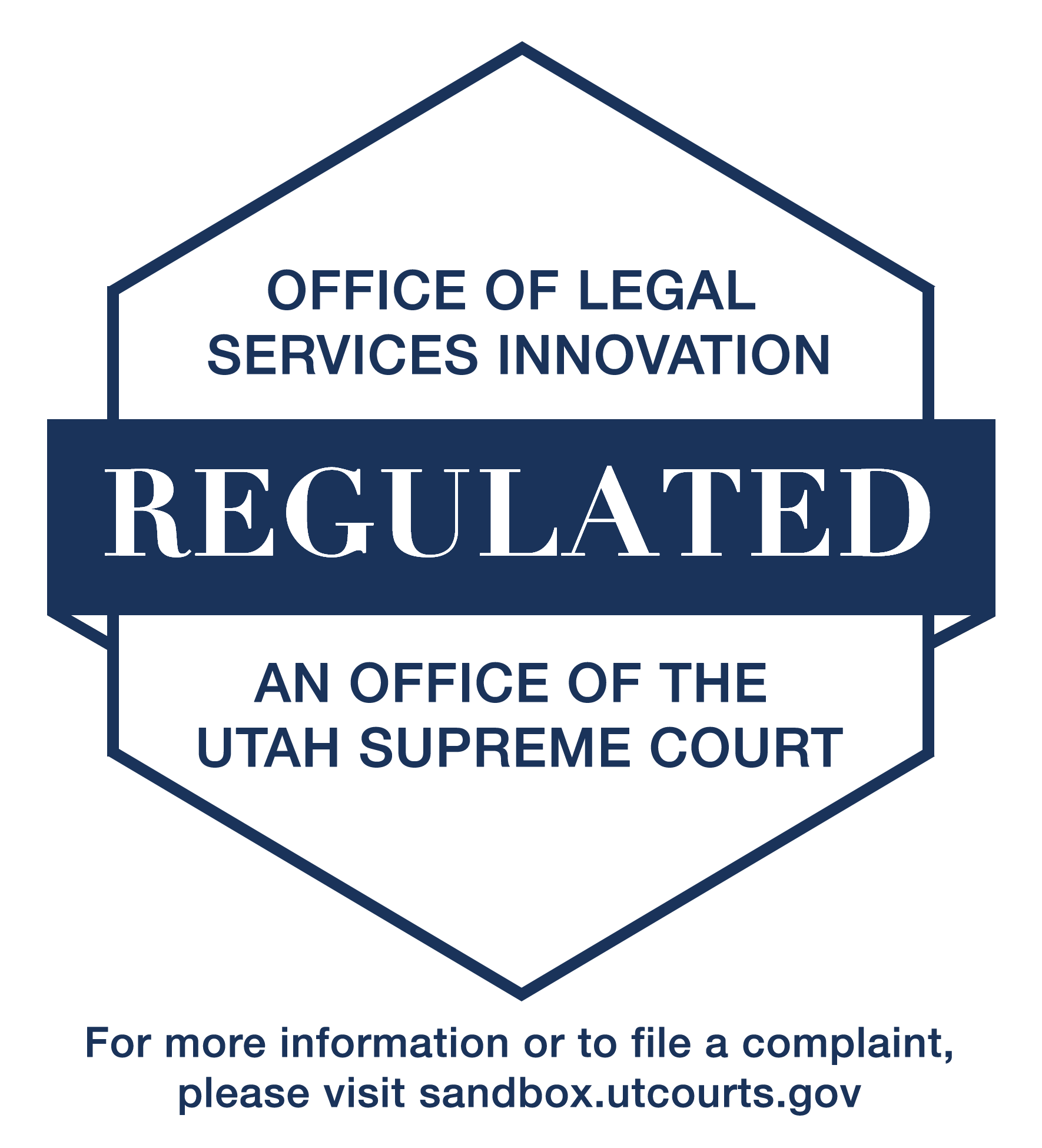Get legal assistance online. Chat with a lawyer for free!
Chat NowRights and Responsibilities
- Name change
– neither spouse is obligated to change his or her name after the marriage is solemnized. - Spousal rape
– Most rape statutes do not include a marital exception, in other words, it is possible for a husband to rape his wife and vice versa. Living apart when the crime occurs is a strong consideration in some jurisdictions. - Spousal abuse
– Both parties to the marriage hold the right to be free from mental, physical, and emotional abuse (among other forms of abuse). Some form of protective order is available in all jurisdictions in order to provide shelter to the battered spouse. - Support
– Both spouses hold the duty of mutual support. This means that each spouse holds the right to claim support from the other spouse. This right and duty applies to both spouses in regard to children that the couple produce/adopt as well. - Privacy
– The right to privacy is recognized by the United States Constitution and the Supreme Court has produced several opinions on the issue. While this right is not unlimited (the government can regulate this right if it can show a compelling public interest), restrictions on the right to privacy are not taken lightly. A few rights that fall under the right to privacy in the realm of family law include:- Right of Marriage to a person of your choosing (with restrictions, such as prohibition of marriage for same sex couples)
- Right to make your own procreation decisions
- Use and sale of contraceptives
- Abortion rights (with many restrictions)
- Right to make educational decisions regarding children produced/adopted by the couple (such as taking children out of public school)
- Rights to make decisions regarding care, custody, and control of children.

